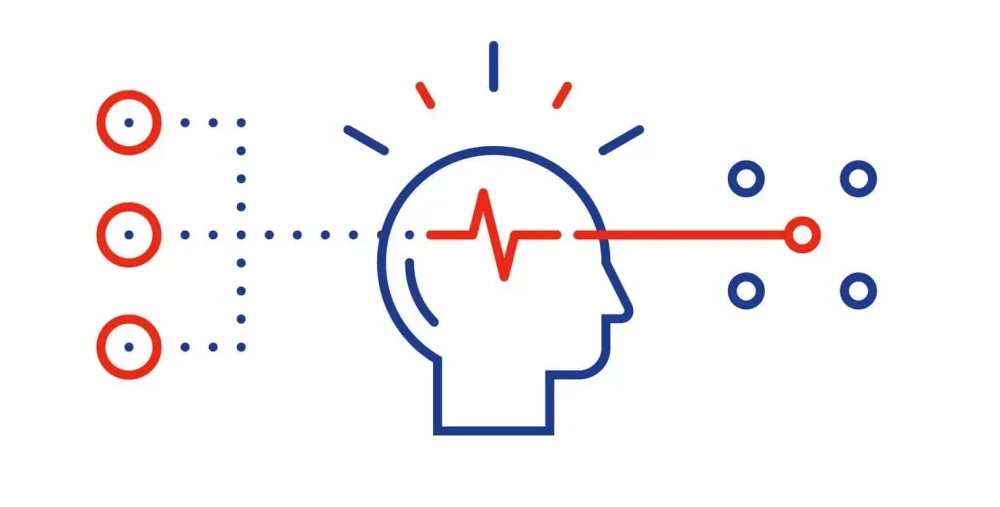
Behavioural economics is a field in economics which attempts to predict the decision-making processes of individuals and organizations as well as design effective products, strategies and policies by infusing theories from psychology into economic models. Contrary to standard economics, behavioural economics does not assume that people are ‘rational’ in their decision making. In fact, it has no prior beliefs concerning people’s behaviours. Rather, it places people in a relevant situation in the lab or in the field, observes how they behave and makes inferences based on that behaviour. Ample research shows that people often deviate from the predictions of standard economic models in a similar way, creating patterns in their ‘irrational’ behaviour.
This makes behavioural economics a very interesting toolkit for organizations who wish to understand why individuals make certain choices, how to predict these and how to steer individuals towards making better ones.
ECRi creates new behavioural insights as well as adopts existing ones from academia (e.g. Nudge Theory) and transforms them into tailor-made solutions to our customers’ challenges. We work closely with behavioural economic researchers from Erasmus School of Economics, who regularly publish their research in renowned academic journals.
Conveniently located on the Erasmus University campus, we have access to various computer labs where we can run scientifically robust experiments (e.g. randomized controlled trials) in order to test concepts and measure their impact. Additionally, our close cooperation with some of the best researchers in the field enables us to design, implement and evaluate non-laboratory economic experiments customized to our clients’ needs.
Want to learn more about how we can help you?
We provide services nationally and internationally.

Erasmus Competition & Regulation institute
